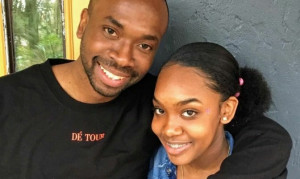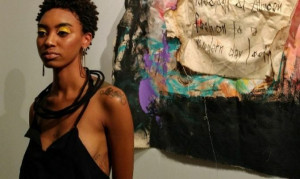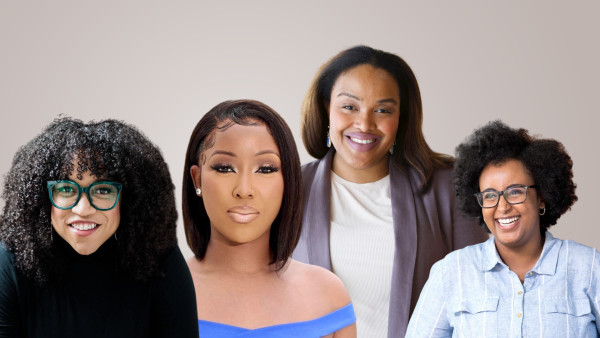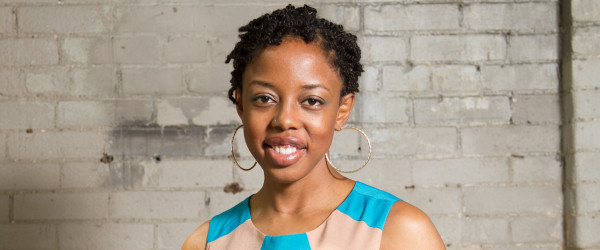I see all the headlines: Eve’s Bayou Screen Writer Kasi Lemmons Says Black Women Writers Have a Responsibility or If we don’t document our stories, the most valuable blueprints of those who come after us will cease to exist.
So now Black writers have to make a decision: write about our own experiences (or what we know of others' experiences) of being Black or risk not being heard.
In a time when race — specifically Black empowerment — has become publicly recognized as today’s zeitgeist, writers have been tasked with crafting stories that fit the narrative. That is; write about what it means to be Black.
Is this external call for more stories that accurately represent our culture necessary? Unfortunately, yes. Until recently, too many Black heroes (and villains, too) have been left out of popular discourse for far too long, or the manner in which their stories have been told has been expressed with a hushed caution, a sort of filter meant to make these stories easier to digest for those outside our culture.
Is this same call for stories fair? I say no. I’ve spoken about this before, but I’ve come to certain realizations that need to be said. First, I’ve accepted now that the interpretations of much of my writing will always be looked at from the perspective of a Black writer. My picture is on each one of these posts, my name is another allusion to my ethnicity (apparently), and I am Black. The way I see the world and express it through my art can only be through the lens of that reality.
I’ve also come to accept that this won’t change anytime soon. My race will be a significant part of how my work will be defined even as I don’t include race in the majority of my writing. My success will be celebrated as that of a Black writer first, all other adjectives will be auxiliary. And to be completely honest, this is not where I find fault.
Where I struggle with this burden of responsibility is in the stories themselves. Right now, it feels like the expectation as a Black writer is to tell Black stories. If you aren’t telling Black stories then your writing (or art) is somehow seen as less important, less vital, not a part of the culture. And that expectation is coming from both within the Black community and from other communities searching for “diverse” stories.
I hate that. I’m just a writer looking to tell stories close to my heart. But I’d be lying to you if I didn’t admit to feeling a degree of pressure to write more about not just my experience, but the parts of my experience that are thought to be specific to my race (I could write an essay on this last sentence alone, but I’ll spare you for now.)
Do what you can until you can do what you want
I guess that logic makes sense. Maybe I should write more about race till I’m popular enough to write about whatever I want. Get my foot in the door before being given my own set of keys. I get it.
Is it a major compromise? HUGE. It will require me to shift my creative energy, my focus, my imagination and the true passion I have for telling stories. But will it be worth it? It’s a question I didn’t even care to consider, wouldn’t even entertain or care to let fester in my mind. Lately, however, I have thought about it. And while my answer is still unequivocally NO, the fact that I’m even thinking about its value in relation to my career makes me angry.
So what next? As the great Toni Morrison said: “You wanna fly, you got to get rid of the shit that weighs you down.”
Kern Carter is a 2x author of Thoughts of a Fractured Soul and Beauty Scars. His C.R.Y blog touches on the emotional struggle faced by writers and other creatives.

 By Kern Carter
By Kern Carter 








